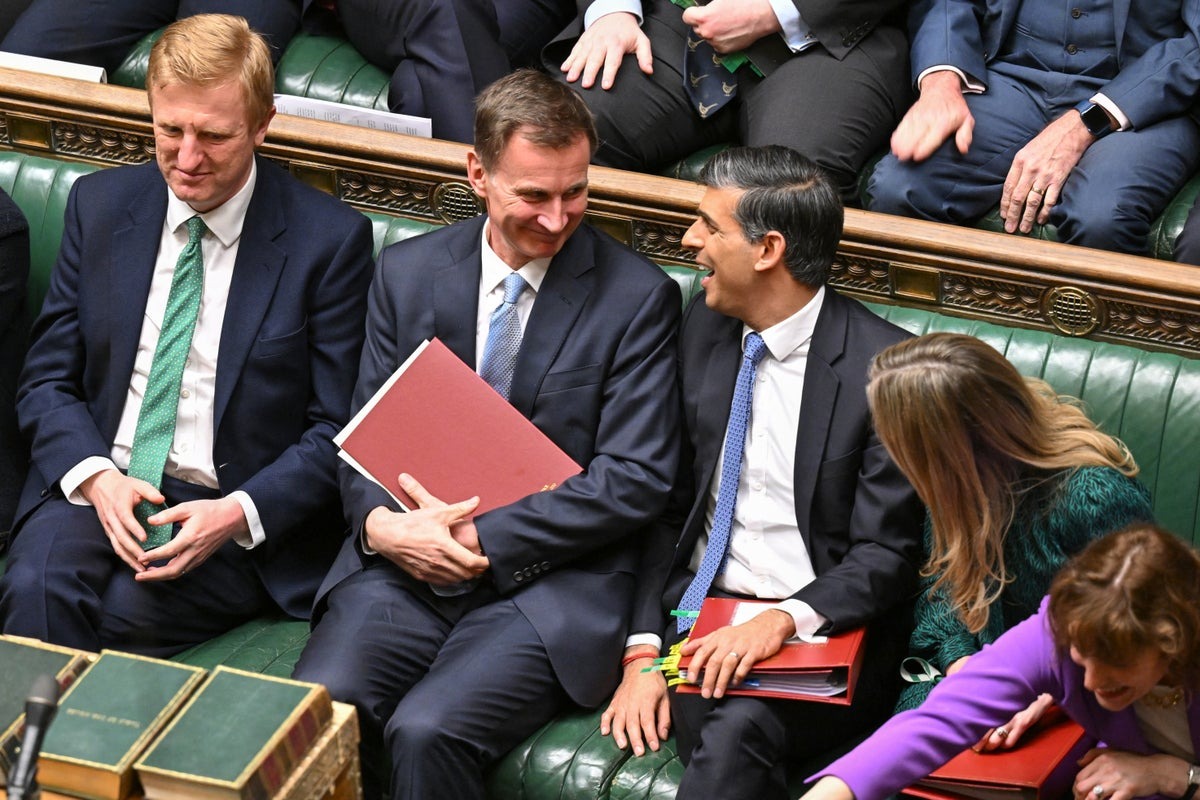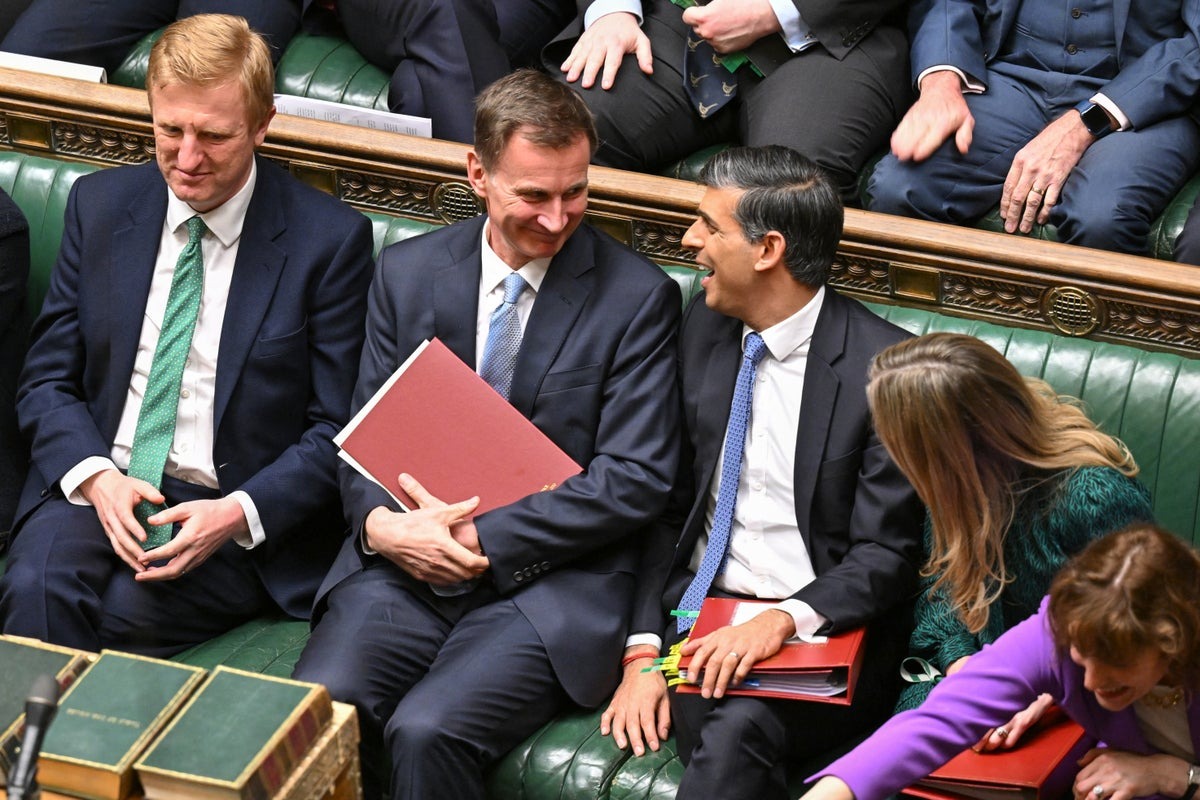In its post-Budget briefing on Thursday morning, the Institute for Fiscal Studies (IFS) issued a stark warning, casting doubt on the government’s ability to adhere to its spending plans in the upcoming year due to what it called the country’s “fiscal realities.”
Paul Johnson, director of the IFS, highlighted the challenges facing chancellors in the foreseeable future, stating, “Ignoring the vagaries of the current, rather bizarre, fiscal targets, these underlying facts are going to constrain chancellors for the foreseeable future. Fiscal rules or no, fiscal realities bite.”
Johnson emphasized the significant constraints posed by high debt interest payments and low forecast nominal growth, suggesting that the next parliament could be the most challenging in 80 years for a chancellor aiming to reduce debt.

The Parliament (Credits: Yahoo News)
He suggested that even stabilizing debt as a fraction of national income would require tough decisions, potentially involving tens of billions of pounds in tax and spending adjustments.
The warning from the IFS comes on the heels of Chancellor Mr. Hunt’s announcement of a 2p cut to National Insurance contributions for employees in his Budget on Wednesday, reducing the rate from 10% to 8%, effective from April 6.
Despite this tax cut, both the Chancellor and the Prime Minister have expressed a desire to eventually scrap national insurance altogether. Mr. Sunak stated on Wednesday evening that abolishing national insurance was a long-term ambition, although no specific timeline was provided.
This move could result in a reduction of government revenues by approximately £50 billion per year. Johnson criticized the Prime Minister’s goal of completely eliminating national insurance, deeming it unrealistic.
He noted that tax as a fraction of national income has risen to its highest level in his lifetime and expressed skepticism that it would return to previous levels.
Regarding the opposition, Johnson pointed out that Labour’s acceptance of the reduced national insurance contributions had made its own future more challenging, as it has lost £10 billion per year in potential revenue.
He also expressed doubt that Labour’s Rachel Reeves would implement deep cuts in public service spending if elected, highlighting the overall uncertainty surrounding future tax and spending plans in the UK.























